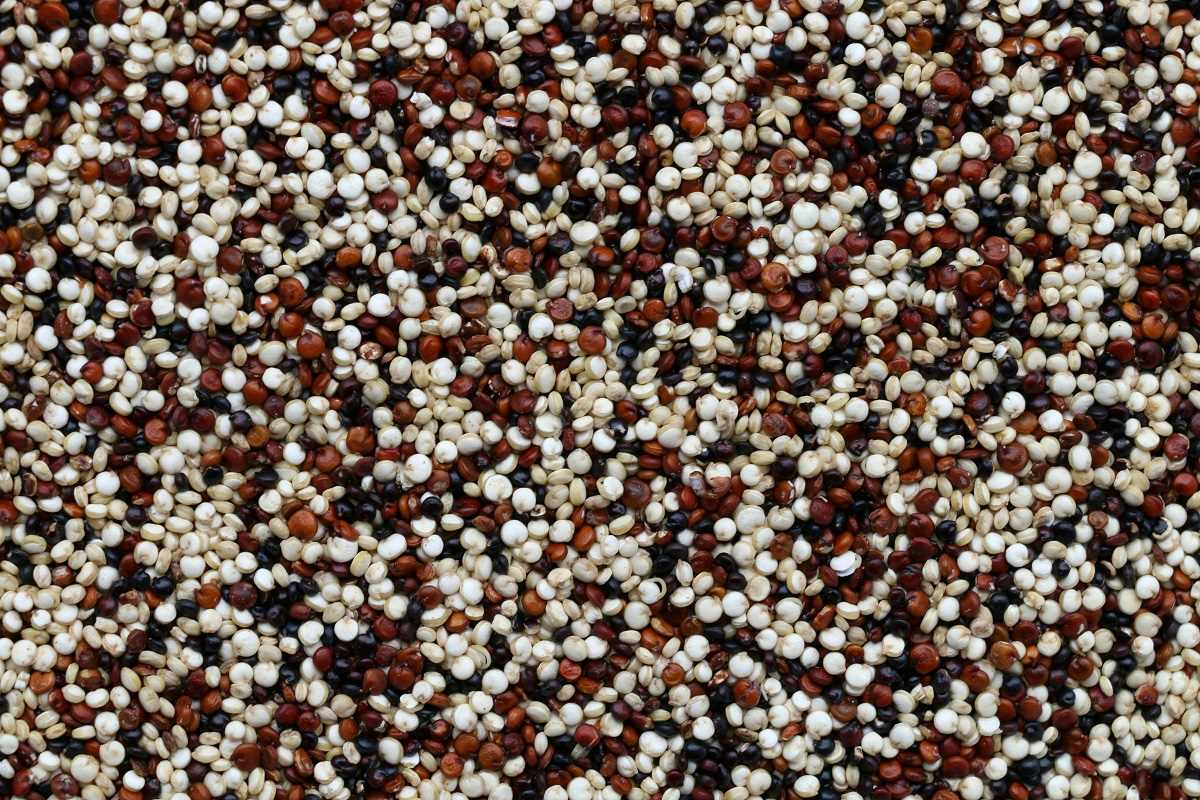Psoriasis is a complex and chronic autoimmune condition that manifests primarily on the skin, though its impact goes far beyond the surface. Characterized by inflamed, scaly patches, it can affect self-esteem, physical comfort, and overall quality of life. While medical treatments are often necessary to keep psoriasis under control, lifestyle factors like stress and diet play a critical role in managing symptoms. Both stress and diet are known to influence inflammation in the body, which can significantly affect psoriasis flare-ups. By addressing these factors, you can take greater control over your symptoms and improve your well-being.
Here’s a closer look at how stress and diet impact psoriasis, along with practical strategies to integrate stress-reducing habits and dietary changes into your routine.
The Link Between Stress and Psoriasis Flare-Ups
Stress has a direct physiological impact on your body, and unfortunately, psoriasis is highly reactive to it. When you're stressed, your body releases cortisol, a hormone that can worsen inflammation. Psoriasis, being an inflammatory condition, frequently flares up during periods of heightened stress.
How Stress Worsens Psoriasis
- Triggers the Immune System: Psoriasis is an autoimmune disorder where the immune system mistakenly speeds up skin cell production. Stress can trigger the immune system, exacerbating this overactivity and leading to flare-ups.
- Weakens the Skin Barrier: Stress impairs the skin's ability to retain moisture and fight infections, making it more vulnerable to symptoms like redness, dryness, and scaling.
- Promotes a Vicious Cycle: Living with psoriasis can lead to feelings of frustration and self-consciousness, which increase stress levels. This additional stress, in turn, can further worsen symptoms, creating a challenging cycle.
Effective Stress Management Techniques
Adopting stress-reducing practices can help control flare-ups and promote overall well-being. Try incorporating the following techniques into your daily routine:
- Mindfulness and Meditation: Mindfulness meditation helps calm the mind and body by focusing on the present moment. Studies have shown that mindfulness reduces cortisol levels, potentially decreasing the severity of psoriasis flare-ups. Aim for just 10-15 minutes of guided meditation daily using apps, videos, or online resources.
- Exercise: Physical activity is a powerful stress reliever. It boosts mood-enhancing endorphins, reduces cortisol, and promotes better sleep—all of which help manage psoriasis. Low-impact activities like walking, swimming, or yoga are ideal because they minimize skin irritation caused by sweating or friction.
- Therapy and Counseling: Cognitive behavioral therapy (CBT) and other counseling methods can help you develop healthier ways to cope with stress. Speaking with a therapist can also address feelings of anxiety or depression that may arise from living with a chronic condition like psoriasis.
- Relaxation Techniques: Deep breathing exercises, progressive muscle relaxation, and aromatherapy are simple yet effective ways to reduce tension. These tools are especially useful to counteract acute stress episodes.
- Prioritize Quality Sleep: Poor sleep can increase stress and worsen psoriasis symptoms. Establish a consistent bedtime routine and avoid screens before bed to improve your quality of rest.
The Role of Diet in Managing Psoriasis
Food is more than just fuel—it can directly impact how your body handles inflammation. While no single diet can cure psoriasis, many foods either promote or reduce systemic inflammation, influencing your skin’s health. By understanding which foods to avoid and which ones to prioritize, you can optimize your diet to better manage psoriasis symptoms.
Foods That Can Trigger Psoriasis Flare-Ups
- Refined Sugars: Sugary snacks, sodas, and desserts increase inflammation in the body, potentially worsening skin problems. High sugar intake also contributes to weight gain, another factor linked to more severe psoriasis.
- Saturated Fats and Trans Fats: These unhealthy fats, commonly found in fast food, fried items, and processed snacks, can cause inflammation and exacerbate symptoms.
- Alcohol: Alcohol not only dehydrates your skin but can also interfere with the effectiveness of psoriasis medications. It’s a common trigger for flare-ups, so consider avoiding or minimizing alcohol consumption.
- Gluten: While not everyone with psoriasis is sensitive to gluten, some individuals find that eliminating gluten-containing foods like wheat, barley, and rye reduces symptoms. You might want to experiment with a gluten-free diet if you suspect gluten sensitivity.
- Nightshade Vegetables: Foods like tomatoes, potatoes, peppers, and eggplants belong to the nightshade family and may trigger flare-ups in some people. Observe your reactions to these foods and decide if cutting them out makes a difference.
Foods That Can Alleviate Psoriasis Symptoms
- Omega-3 Fatty Acids: Found in fish like salmon, mackerel, and sardines, as well as flaxseeds and walnuts, omega-3s have well-documented anti-inflammatory properties. Regularly including these in your diet can help reduce the inflammation associated with psoriasis.
- Fruits and Vegetables: Leafy greens, berries, and brightly colored produce are rich in antioxidants and vitamins like A, C, and E, which combat oxidative stress and support skin health.
- Whole Grains: Unlike refined grains, options like quinoa, brown rice, and oatmeal contain fiber that promotes gut health and reduces inflammation.
- Probiotics: A healthy gut microbiome plays a vital role in regulating the immune system. Fermented foods like yogurt, kefir, sauerkraut, and kimchi are rich in probiotics, which can improve gut health and potentially alleviate psoriasis symptoms.
- Turmeric: This golden spice contains curcumin, a compound with strong anti-inflammatory effects. You can incorporate turmeric into meals or take curcumin supplements to harness its benefits.
Hydration is Key
Drinking enough water is one of the easiest ways to support your skin. Staying hydrated improves your skin’s elasticity and reduces dryness, making it less prone to flare-ups. Aim for at least 8-10 glasses of water a day.
Practical Tips for Managing Stress and Diet
Integrating stress-reducing activities and dietary changes into your daily routine doesn’t have to be overwhelming. Here are some actionable tips to make these adjustments manageable and sustainable:
- Meal Planning: Plan and prepare your meals for the week so that you’re less likely to rely on inflammatory processed foods. Focus on recipes built around fresh produce, whole grains, and lean proteins.
- Keep a Food Journal: Track what you eat and note any changes in your psoriasis symptoms. Over time, this can help you identify individualized food triggers or beneficial foods.
- Set Realistic Goals: Begin with small changes, such as adding one anti-inflammatory food daily or practicing stress management for 5 minutes a day, and gradually build on these habits.
- Create a Relaxation Routine: Designate time each day to de-stress through activities like yoga, journaling, or light stretching. Pair this with leisure activities you enjoy, like listening to calming music or spending time in nature.
- Reach Out for Support: Join psoriasis support groups, whether in person or online, to connect with others facing similar challenges. Sharing advice, experiences, and encouragement can be highly motivating.
- Partner with Professionals: Consult with a dietitian or nutritionist to develop a meal plan tailored to your specific needs. Similarly, working with a therapist can help you maintain a balance between managing stress and living with psoriasis.
Managing stress and diet is essential for minimizing psoriasis flare-ups and supporting your overall health. While these lifestyle factors alone won’t cure the condition, they can significantly reduce inflammation, improve skin health, and enhance your quality of life. By identifying and avoiding triggers, incorporating stress-reducing techniques like meditation and exercise, and adopting an anti-inflammatory diet, you can take meaningful steps toward better managing your psoriasis symptoms.





.jpg)

